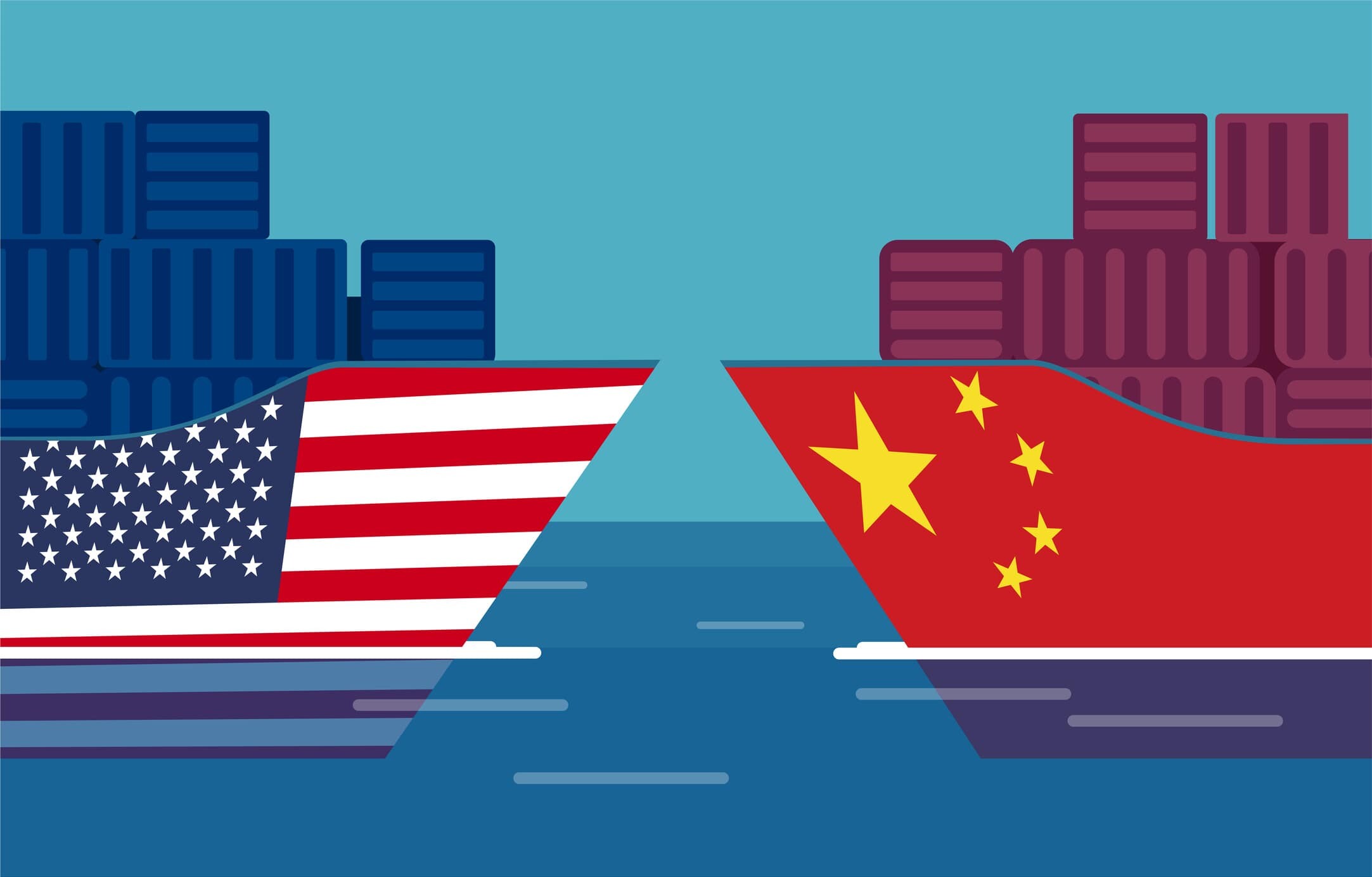Analyzing Vance's Response To Biden's Ukraine Critique

Table of Contents
Vance's Stance on US Aid to Ukraine
Critique of Biden's Approach
Vance's Ukraine policy criticisms of President Biden's approach to aiding Ukraine center on concerns about financial burden and strategic efficacy. His critique of Vance's aid critique focuses on the sustainability of the current aid packages and questions their effectiveness in achieving specific military and political objectives.
- Financial Burden: Vance has repeatedly expressed concerns about the substantial financial commitment of the US to Ukraine, arguing that it diverts resources from domestic priorities.
- Strategic Efficacy: He questions whether the current strategy is achieving its intended goals and suggests that the aid might not be used as effectively as intended. This aspect of Vance's Ukraine stance is frequently highlighted in his public appearances.
For example, in a recent interview on [Insert News Source and Link], Vance stated, "[Insert direct quote expressing concerns about financial burden or strategic efficacy of aid to Ukraine]". This statement exemplifies his overarching concern regarding the wisdom of continued, large-scale aid. Analyzing Vance's Ukraine policy requires careful consideration of these specific points.
Alternative Policy Proposals (if any)
While Vance is highly critical of the Biden administration's approach, he hasn't yet explicitly laid out a comprehensive alternative plan for US involvement in Ukraine. However, his statements hint at a preference for a more cautious and less financially involved approach. Vance's Ukraine alternative, if fully articulated, would likely involve a reevaluation of the aid strategy and a potential recalibration of the US role in the conflict.
- Reduced Aid: Implicitly, Vance suggests a reduction in the level of financial and military aid provided to Ukraine.
- Negotiated Settlement: He leans toward prioritizing a negotiated settlement, even if it means concessions by Ukraine.
Comparing Vance's implied alternative with Biden's approach highlights a fundamental difference in philosophy: Biden prioritizes strong support for Ukraine's sovereignty, while Vance's Ukraine strategy seems to prioritize limiting US financial commitment and potentially accepting a less favorable outcome for Ukraine. This divergence shapes Vance's foreign policy concerning the conflict.
The Domestic Political Context of Vance's Response
Alignment with Republican Party Positions
Vance's stance largely aligns with a segment of the Republican party that expresses skepticism about continued, large-scale aid to Ukraine. While there's a range of opinions within the GOP, a significant faction echoes Vance's concerns about the cost and effectiveness of the current strategy. This alignment is crucial in understanding Vance's Ukraine response within the larger political framework.
- Similarities: Many Republicans share Vance's concerns about the financial burden on American taxpayers and the potential for protracted conflict.
- Differences: While the general direction aligns, the intensity of the criticism and the proposed alternatives might vary amongst Republican lawmakers.
The internal debate within the Republican party on Ukraine policy is significant. Vance's vocal criticism contributes to this debate and influences the party's overall stance on the issue. The potential for a shift in the GOP's Ukraine policy, driven by figures like Vance, cannot be ignored. This aspect significantly impacts Vance and the Republican party's standing on the issue.
Potential Electoral Implications
Vance's statements on Ukraine carry potential electoral implications, both for himself and for the broader political landscape. His position could resonate with a segment of the electorate concerned about government spending and foreign entanglements. Conversely, it may alienate voters who strongly support aiding Ukraine. Understanding Vance's electoral prospects requires considering this duality.
- Potential Gains: His stance might appeal to voters prioritizing fiscal conservatism and a non-interventionist foreign policy.
- Potential Losses: It could alienate voters who see strong support for Ukraine as essential for US national security and international stability.
Public opinion polls on US involvement in Ukraine are dynamic. Analyzing how Vance's position aligns with shifting public sentiment is critical to understanding its electoral impact. The impact of Vance's position on voter sentiment and future election outcomes will be a key area to watch.
International Implications of Vance's Response
Impact on US-Ukraine Relations
Vance's critical stance, while directed at the Biden administration, could negatively impact US-Ukraine relations. Ukraine and its allies might perceive this criticism as undermining their efforts and potentially weakening US commitment to their cause. The ripple effect of Vance's impact on Ukraine requires careful consideration.
- Effect on Diplomatic Efforts: His criticisms could complicate diplomatic efforts and potentially reduce the leverage of the US in negotiations.
- Effect on Military Aid: While not explicitly calling for an end to aid, his skepticism could indirectly influence the willingness of the US to continue providing substantial military support.
The Ukrainian government and its supporters might view Vance's statements with considerable concern, viewing them as a potential obstacle to securing continued Western support. This could significantly impact ongoing diplomatic efforts.
Global Perceptions of US Foreign Policy
Vance's response could affect global perceptions of US foreign policy. His criticisms, if widely publicized, might be interpreted by some as signaling a potential shift in US commitment to international alliances and support for countries facing aggression. This global perception of US policy is influenced by the actions and words of key political figures like Vance.
- Shift in International Alliances: Some nations might reconsider their alliances with the US, particularly if they perceive a weakening of US resolve in supporting Ukraine.
- Support for Ukraine: Other nations, particularly those already hesitant to aid Ukraine, might use Vance's criticisms to justify their inaction or reduced support.
The international response to Vance's criticism is a vital aspect to consider. It reflects a wider global context that extends beyond the immediate US-Ukraine dynamic.
Conclusion
This analysis of Vance's response to Biden's Ukraine critique reveals a complex interplay of domestic and international factors. His statements have significant implications for US foreign policy, the Republican party's internal dynamics, and the ongoing conflict in Ukraine. Understanding the nuances of Vance's arguments is crucial for anyone following the evolving situation. To stay informed on the continuing debate, continue researching Vance's Ukraine Response and its far-reaching effects. Further analysis of Vance's Ukraine policy and its implications will be essential in the coming months and years.

Featured Posts
-
 From Forgotten Prospect To Dodger Stadium Players Name S Story
May 16, 2025
From Forgotten Prospect To Dodger Stadium Players Name S Story
May 16, 2025 -
 Akbr Mnha B 26 Eama Twm Krwz Wana Dy Armas Elaqt Mthyrt Lljdl
May 16, 2025
Akbr Mnha B 26 Eama Twm Krwz Wana Dy Armas Elaqt Mthyrt Lljdl
May 16, 2025 -
 San Diego Padres Ready To Dominate At Wrigley In 2025
May 16, 2025
San Diego Padres Ready To Dominate At Wrigley In 2025
May 16, 2025 -
 Padres Lineup Tatis Returns Campusano Called Up Amidst Rain Delay
May 16, 2025
Padres Lineup Tatis Returns Campusano Called Up Amidst Rain Delay
May 16, 2025 -
 Canada Us Trade Debunking Trumps Assertions Of Us Self Sufficiency
May 16, 2025
Canada Us Trade Debunking Trumps Assertions Of Us Self Sufficiency
May 16, 2025
